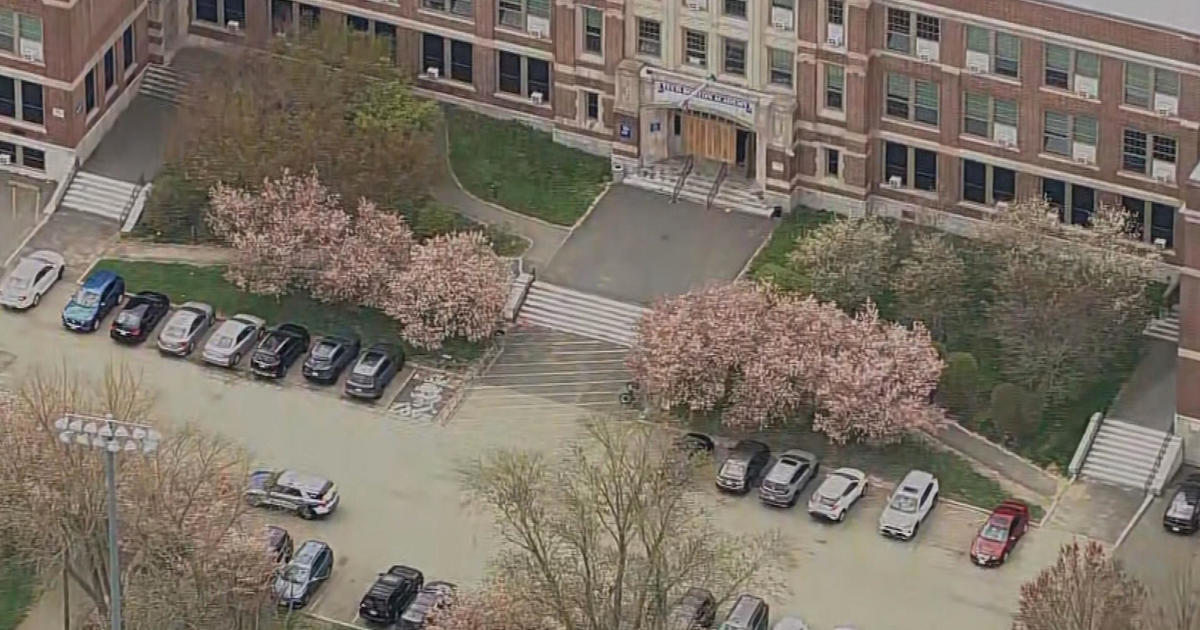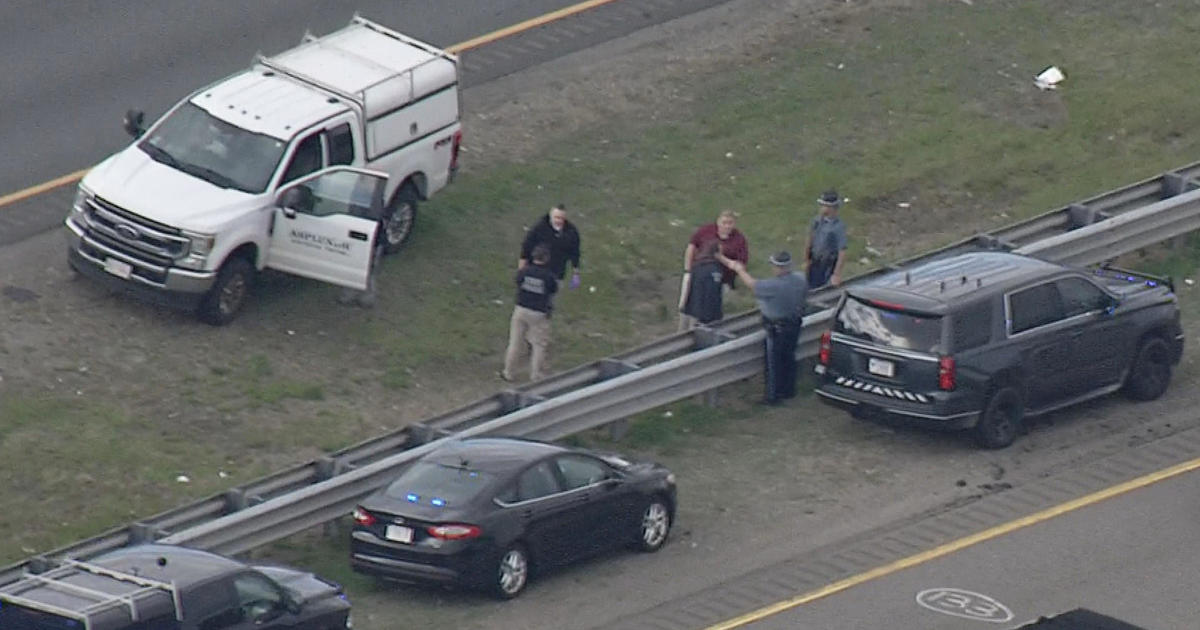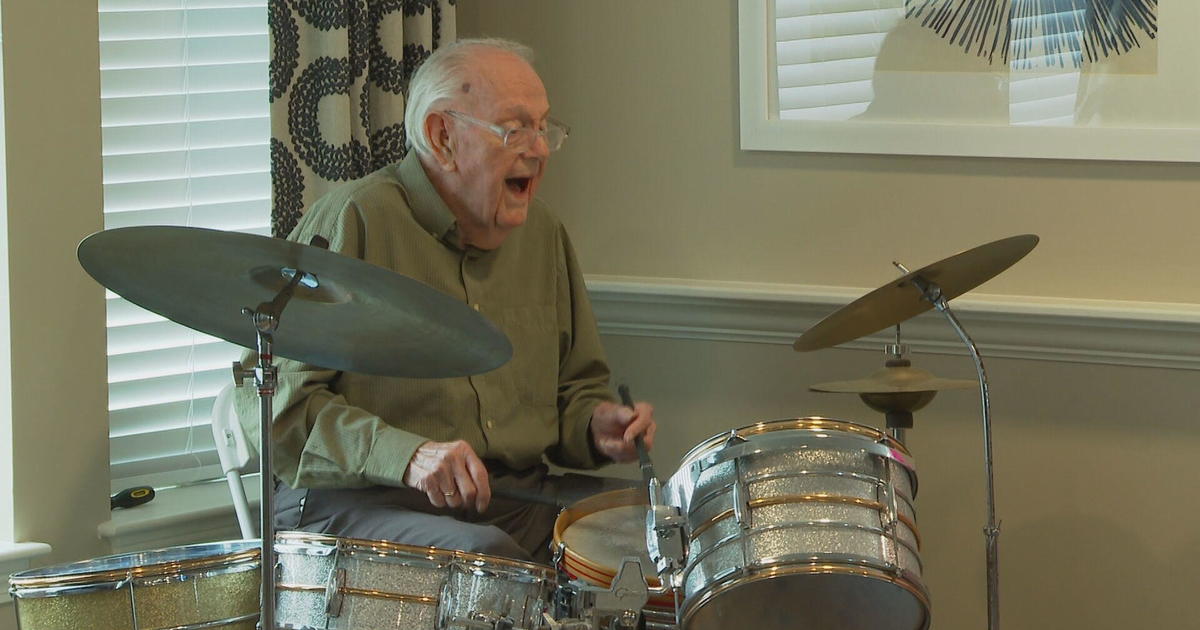Marathon Medical Response Strengthened After Bombing
BOSTON (CBS) – On Marathon Monday Boston hospitals and first responders are always prepared to see runners with the typical injuries of cramping or dehydration.
But when tragedy struck at the finish line in 2013, years of intense training and planning paid off.
This year, medical crews will be even more prepared.
WBZ NewsRadio 1030's Kim Tunnicliffe reports
Podcast
Just minutes after EMS radios shared the horrific news of explosions at the Boston Marathon finish line, victims started arriving at emergency rooms around Boston.
"All the critical patients were out of there in the first 20 minutes," James Hooley of Boston EMS said.
Within two miles of the marathon finish line, there are six trauma centers. It was the job of Boston EMS to distribute more than 100 patients in need of urgent care .
Far from the madness of Boylston Street, but still critical to saving lives, EMS dispatchers inside Boston Police Headquarters directed ambulances across the city.
"Not one hospital was overwhelmed with patients," Barry Wante of Brigham and Women's Hospital said.
Every patient who made it to a hospital survived.
WBZ NewsRadio 1030's Carl Stevens reports
Marathon Medical Response Strengthened After Bombing
"One important lesson we have from the marathon is the importance of exercising, of practicing to do what we do and I think we saw benefits not just from Mass General but from the whole city," Dr. Paul Biddinger, of Mass. General said.
Meg Femino of Beth Israel's emergency management department said the community can learn from 2013.
"I think every event and exercise we participate in or are involved in makes us better," she said.
Emergency management directors at hospitals around Boston have spent the past year traveling the country to help other cities prepare for disaster.
"I think it actually sets a very, almost unachievable benchmark for when this happens again in another city because there were a lot of things that were in our favor," Femino said.
Two of the elements in their favor were the fact it was a holiday and the explosion occurred at a time shift changes were taking place at most hospitals. This meant that staffs overlapped as they came on and off the clock.
"We are trying to apply the lessons that we used and learned on marathon Monday to an event that might happen on the weekend or overnight or some other time when the hospital is a little less fully staffed," Biddinger said.
Because of the dangerous heat at the 2012 marathon, Boston EMS also had increased staff and ambulances along Boylston Street in 2013.
"We learned a lot from that," Hooley said.
While proud of their work , emergency officials are always looking to improve.
"We really need to make sure that we keep preparing we keep planning, keep testing, keep training," Biddinger said.
Many hospitals are now working on better communication to track patients and figure out what to do with the other available staff.
'We had finance people who said we're not crunching numbers today we can help push a wheelchair," Rob Osgood of Tufts Medical said.
The medical training extends to Boston police officers, who have now all been issued tourniquets.
"What went best I think is people stepping up to the plate and actually they knew their job they knew what they were supposed to do and they came in and they did it during a very scary event," Femino said.
Because of an event no one wants to see again, Boston may be more prepared than ever.
MORE BOSTON MARATHON NEWS FROM CBS BOSTON



